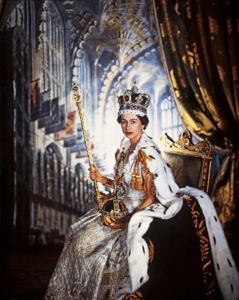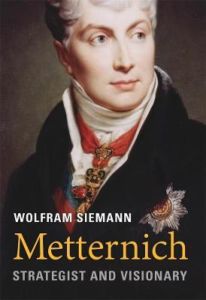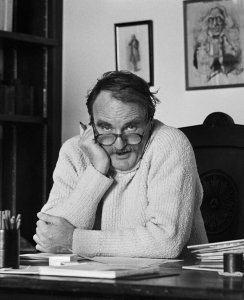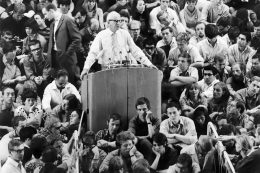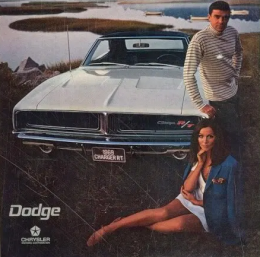
Grzegorz Braun. Photo courtesy of Wikimedia Commons

Grzegorz Braun. Photo courtesy of Wikimedia Commons
1,552 words
Now there is a Pole memed round the world . . . On the December 12, 2023, Polish MP Grzegorz Braun used a fire extinguisher to put out the lights on a hanukkiah (incorrectly referred to as a menorah in most reports) in the Polish Parliament. The questions everyone on the dissident Right is asking are how did that happen, and is Grzegorz Braun our guy? Just to spoil the fun for everyone right away: no, he is not our guy, and his intentions were not 100% “red-pilled.” Probably the best comparison we can make to anglosphere politics is to say that Braun is a “Catholic Alex Jones” of sorts. (more…)

